
Best DJI Drones for Daily Tasks
Jul 4th, 2021
Best DJI Drones for Daily Tasks
The term “drone” normally refers to any unpiloted aircraft. Sometimes referred to as “Unmanned Aerial Vehicles" (UAVs), these crafts can carry out an amazing range of tasks, ranging from military operations to package delivery. Drones, occasionally referred to as “Unmanned Aerial Vehicles” (UAVs) are supposed to carry out tasks that range from the mundane to the ultra-dangerous. Sophisticated drones could quickly be doing daily tasks like fertilizing crop fields on an automatic basis, monitoring traffic incidents, surveying hard-to-reach places, or even delivering pizzas. There are some drones which are helping to our daily works.
7 Best DJI Drones for Daily Tasks
1. Mavic 2 Enterprise Advanced DJI Drone
2. MATRICE 300 RTK DJI Drone
3. Mavic 2 Enterprise Series DJI Drone
4. Matrice 200 Series V2 DJI Drone
5. P4 Multispectral DJI Drone
6. Phantom 4 RTK DJI Drone
7. Phantom 4 Pro DJI Drone
1. Mavic 2 Enterprise Advanced DJI Drone
Capture proper details in any mission with the Mavic 2 Enterprise Advanced – a incredibly versatile yet compact device that packs a whole lot of performance upgrades. With high-resolution thermal and visible cameras, the M2EA helps up to 32× digital zoom and is succesful of centimeter-level positioning accuracy with the RTK module.
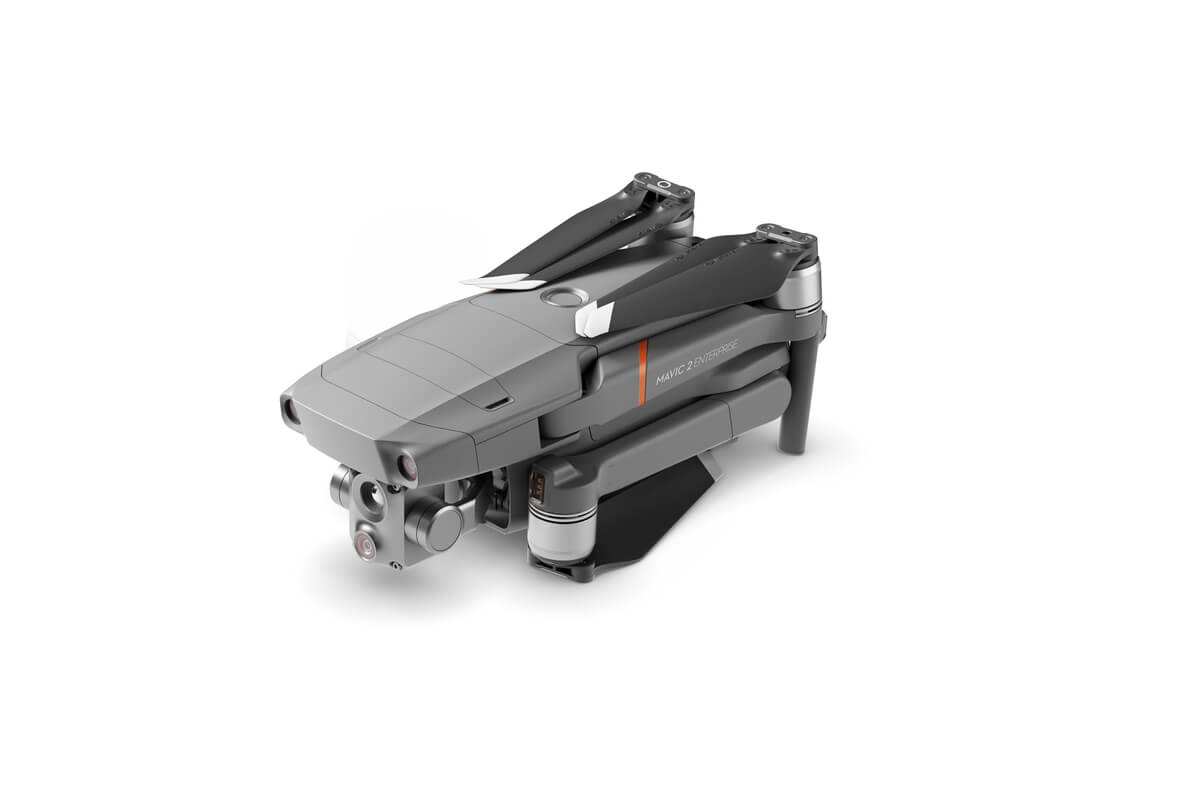
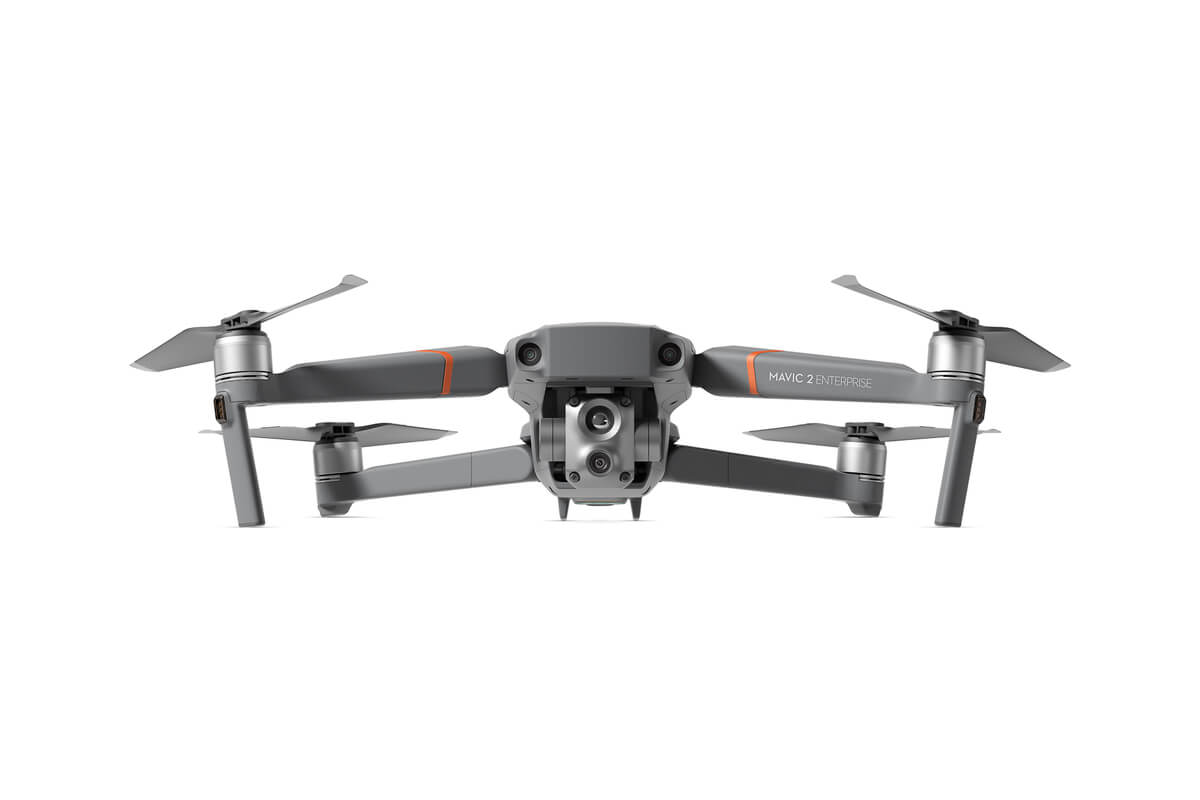
2. MATRICE 300 RTK DJI Drone
The Matrice 300 RTK is DJI’s modern commercial drone platform that takes inspiration from contemporary aviation systems. Offering up to 55 minutes of flight time, advanced AI capabilities, 6 Directional Sensing & Positioning and more, the M300 RTK units a complete new standard by combining intelligence with high-performance and unequalled reliability. The all-new OcuSync Enterprise allows transmission up to 15 km away and supports triple-channel3 1080p video. Real-time auto-switching between 2.4 GHz and 5.8 GHz4 enables more dependable flight near high-interference environments, while AES-256 encryption gives secure data transmission. The subtle airframe and propulsion system design offers you a more efficient and steady flight, even in harsh conditions.
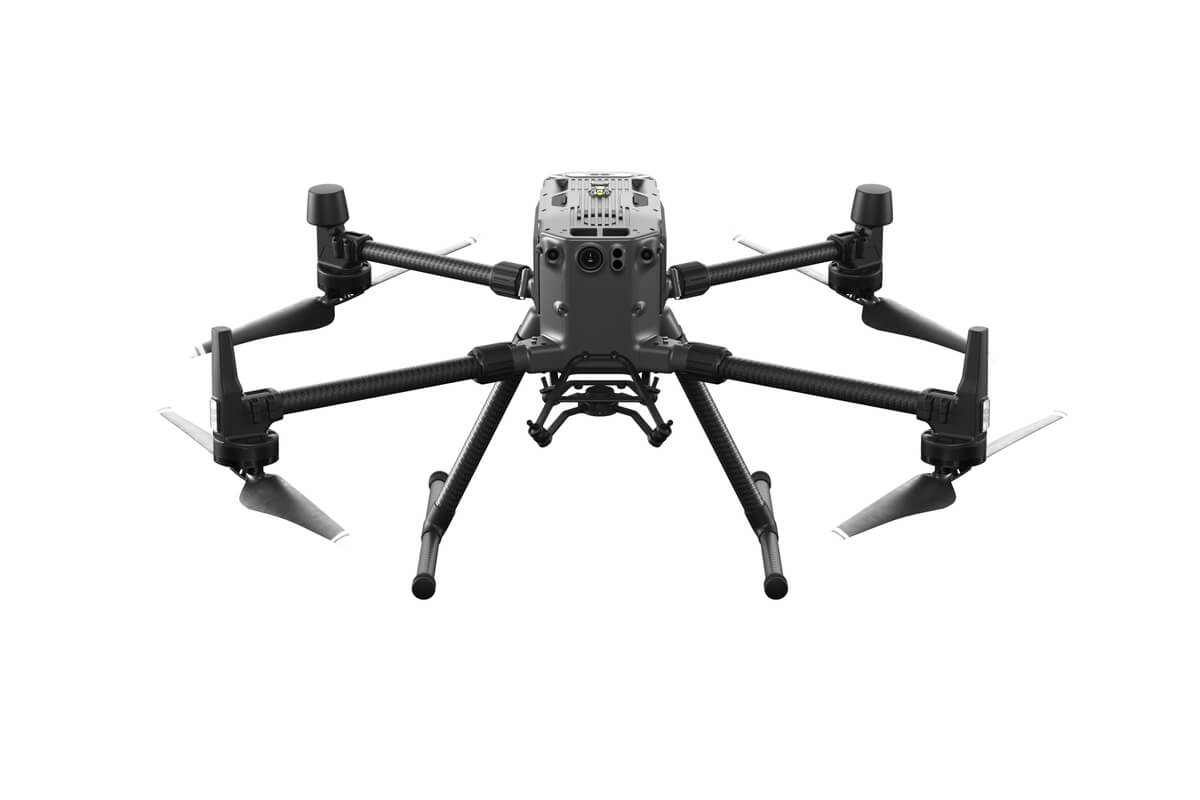
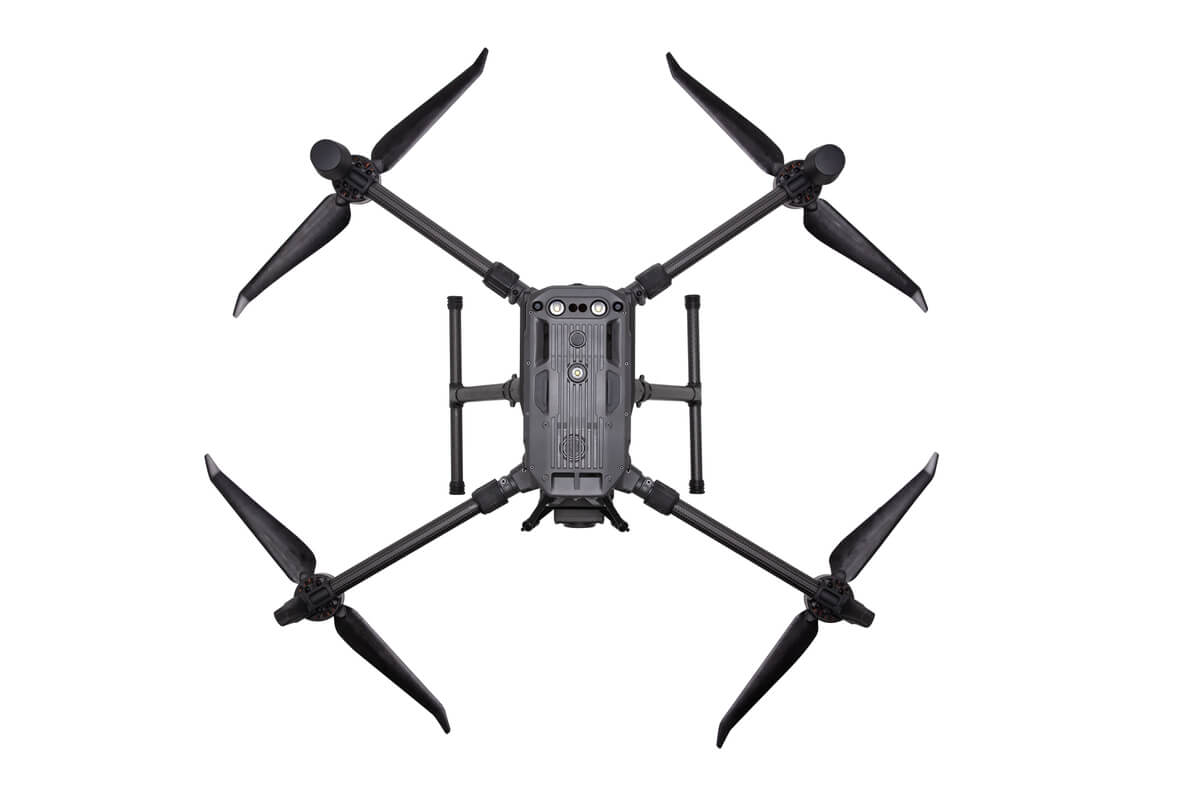
3. Mavic 2 Enterprise Series DJI Drone
Designed to empower a new technology of workers, the Mavic 2 Enterprise is the ultimate expression of a device that offers past expectation to meet modern workplace challenges and future demands. Unlock the chances of flight with an prolonged port 1 that allows you to connect extra devices onto the drone, assisting you perform at your excellent in a variety of critical missions. Direct lost persons with greater ease using a dual highlight that enhances your vision in low-light areas.

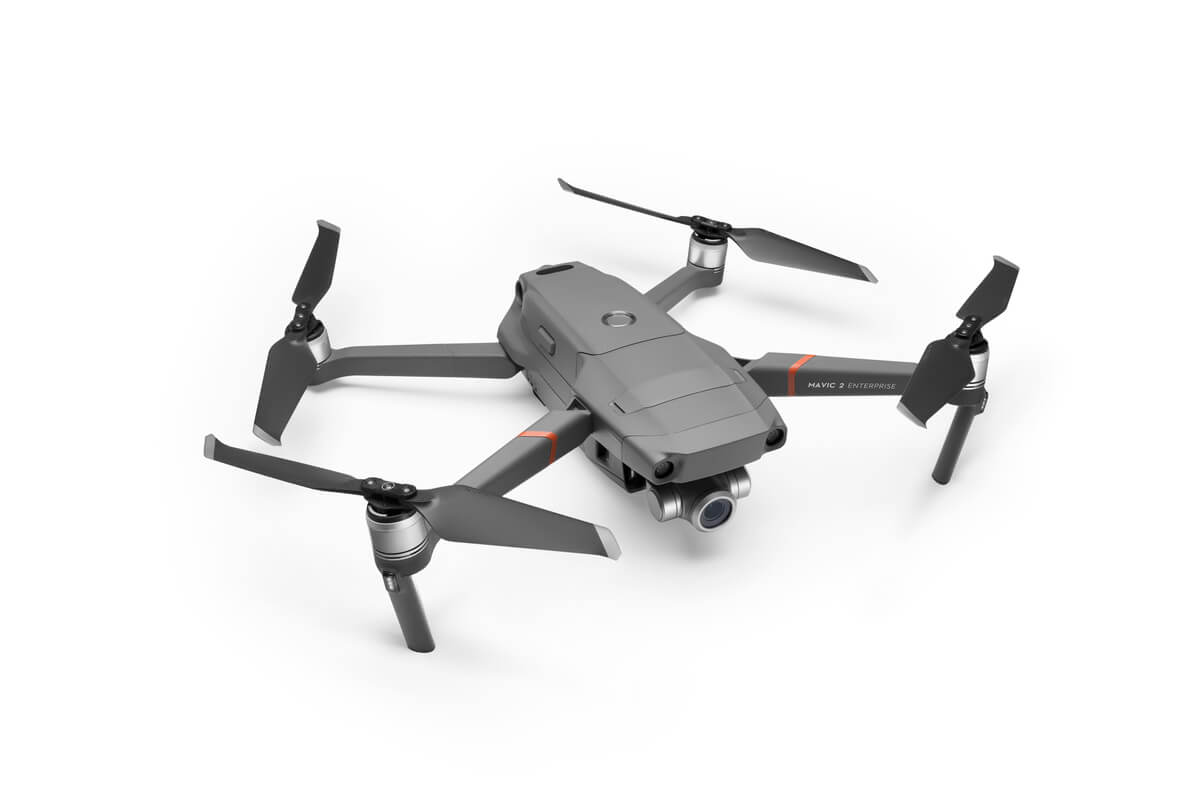
4. Matrice 200 Series V2 DJI Drone
The ultimate platform for aerial productiveness combines a rugged design and easy configurability to work as a solution for a variety of industrial applications. Improvements to the M200 Series V2 enhance intelligent control systems, flight performance, and add flight protection and data protection features. Enjoy a extra reliable and steady flight with the new OcuSync 2.0 system, which helps automatic dual-frequency band switching and extends flight range to up to 8km. The AES-256 encryption maintains your data transmission secure so you can be sure that your critical data stays safe. A robust Flight Autonomy device with front, bottom, and higher sensors detect and avoids obstacles while enabling precision hovering so that you can fly with confidence.


5. P4 Multispectral DJI Drone
Gather particular plant-level data using the P4 Multispectral – a high-precision drone with a seamlessly integrated multispectral imaging device built for agriculture missions, environmental monitoring, and more.The P4 Multispectral consolidates the technique of capturing data that gives insight into crop fitness and vegetation management. DJI has created this platform with the equal powerful performance standards that DJI is known for, which include 27 minutes max flight time and up to 7 km1 transmission range with the OcuSync system.


6. Phantom 4 RTK DJI Drone
Upgrade your next mapping mission with the Phantom 4 RTK – the most compact and exact low altitude mapping solution.DJI has rethought its drone technology from the ground-up, revolutionizing its systems to achieve a new standard for drone accuracy – providing Phantom 4 RTK customers centimeter-accurate data while requiring fewer ground control points.A new RTK module is integrated directly into the Phantom 4 RTK, presenting real-time, centimeter-level positioning data for improved absolute accuracy on photo metadata. In addition to optimized flight security and precise data collection, the Phantom 4 RTK stores satellite observation information to be used for Post Processed Kinematics (PPK), which can be performed using DJI Cloud PPK Service.
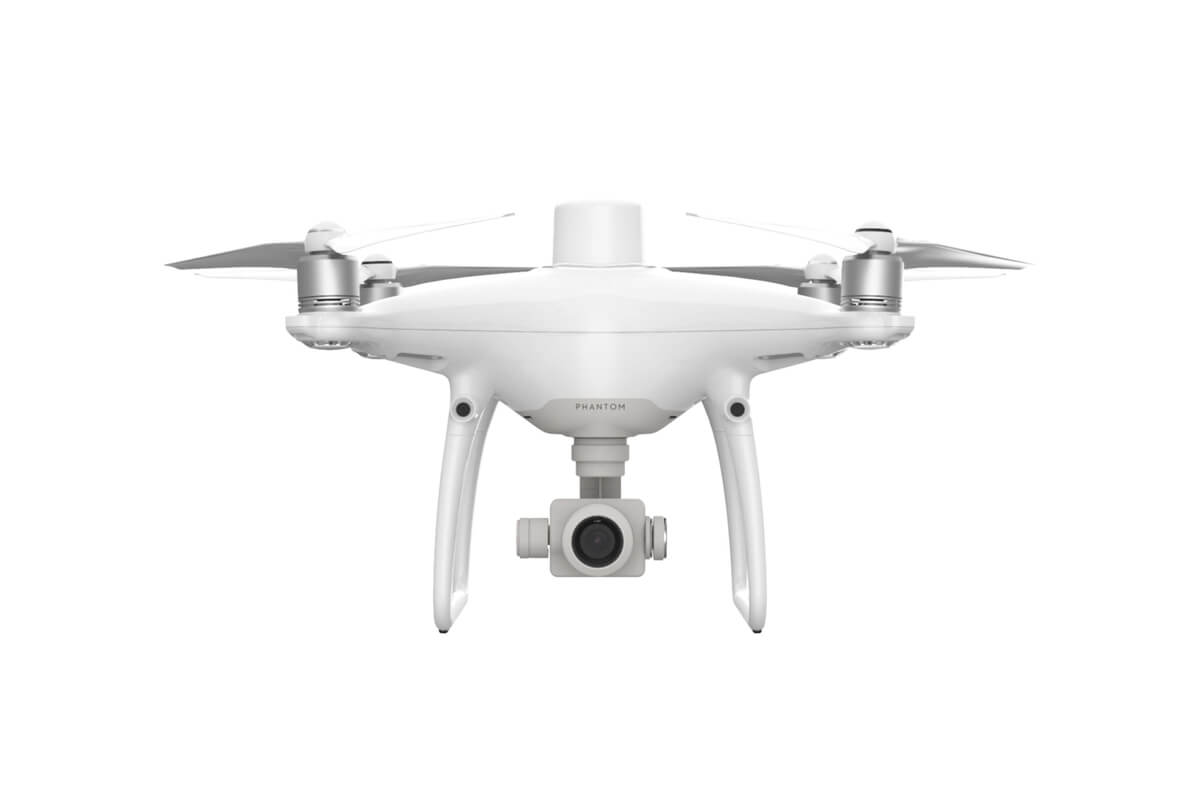

7. Phantom 4 Pro DJI Drone
An uprated camera is equipped with a 1-inch 20-megapixel sensor capable of capturing 4K/60fps video and Burst Mode stills at 14 fps. The adoption of titanium alloy and magnesium alloy building increases the rigidity of the airframe and reduces weight, making the Phantom 4 Pro similar in weight to the Phantom 4. The FlightAutonomy system adds dual rear vision sensors and infrared sensing systems for a complete of 5-direction of obstacle sensing and 4-direction of obstacle avoidance.The onboard digital camera has been redesigned to use a 1-inch 20-megapixel CMOS sensor. A customized engineered lens made up of eight factors is arranged in seven groups, it is the first DJI digicam to use a mechanical shutter, removing rolling shutter distortion which can occur when taking pictures of quickly moving subjects or when flying at high speed. In effect, it is as powerful as many ordinary ground cameras.

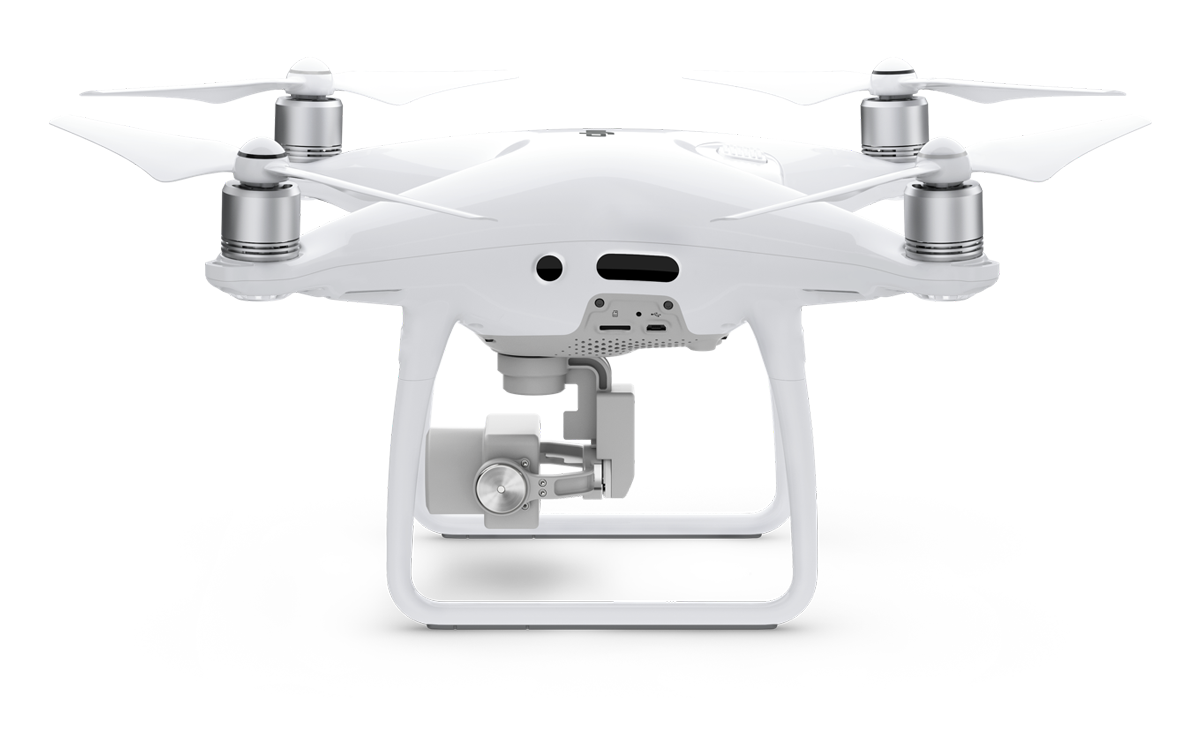
What to look out for in a drone
GPS:
Toy drones normally don’t feature GPS, but if you’re composing images it’s nigh-on essential. The positioning technology was developed with guided missiles in mind, so best for drones. Unlike a missile, though, the goal is to stay very much in the identical place, rather than be pushed away by the breeze. Not only is piloting easier, but it enables automatic return to the take-off point have to the drone lose contact with the pilot, a beneficial backup.
Controller:
Not all controllers are created equal. Most characteristic the twin sticks but at the lower end they’ll use standard Wi-Fi with a range of around 100m control and video comments with a clear line of sight. Higher-end drones make use of proprietary radio systems, like DJI’s Lightbridge, with a range of 4000m (2.2 miles), assist for master & slave controllers (enabling separate pilot & digital camera operator) and first-person-view goggles.
Camera & gimbal:
Like any camera, sensor dimension and megapixels matter, but so too does the means of vibration reduction. At the lower end, cushioning or some sort of digital photograph stabilization works, but the high-quality systems used motorised gimbals to steady and level the camera on 2- or 3-axis.
Battery:
Battery ability is the key limit in flying drones. Higher capacities don’t usually make for longer flight times since overall weight (not least the battery’s) and efficiency are a factor. The much more beneficial measure is simply minutes of flight time. Lithium batteries store a lot of power, but “Intelligent Batteries” are safer and consist of built in monitors so you can effortlessly check their charge.
The App:
The quality of the manufacturer’s free app is a large part of the experience, since many features, particularly on higher-end drones, will require you to dig down through menus. Taking the camera beyond auto is surely done this way. Cunning developers have also discovered methods using the drones sensors and the app’s processing capabilities to create easier flying modes and awesome visual consequences like DJI’s Tiny Planet selfie clip, just one of the “Quickshot” options.
all posts